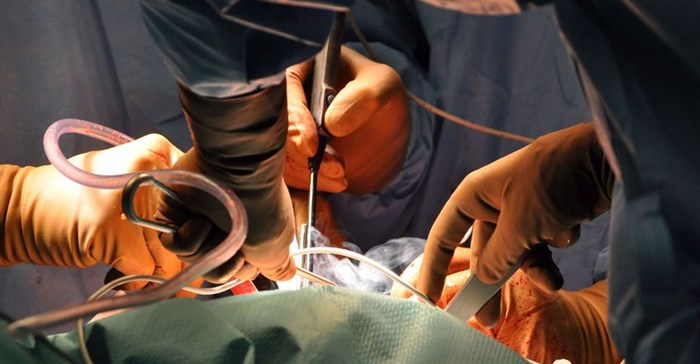It is estimated that approximately five billion people globally are unable to access safe surgical treatment, and nearly 95% of these people live in low- and middle-income countries. This study provides data to inform safer surgery in Africa.
“Data from Africa has been limited until this point,” says Professor Bruce Biccard of UCT’s Department of Anaesthesia & Perioperative Medicine and Groote Schuur Hospital and the study lead author. “The publication of the ASOS study provides important data necessary to understand the challenges to improving surgical outcomes on the continent.
Safe, accessible surgery
“Although increased access to surgery is important, it is essential that surgery is safe. The majority of deaths in the ASOS study occurred in the post-operative period. It suggests that interventions to identify patients at risk in the post-operative period may make surgery safer in Africa.”
Nearly 95% of all surgical deaths in the study occurred after the day of the surgery. It appears that the lack of resources is a significant contributor to post-operative mortality in Africa. A continent-wide quality improvement programme – addressing the problem of limited surgical resources and increasing post-operative surveillance of surgical patients – may lead to better surgical outcomes in Africa.
The ASOS study includes 11,422 patients from 247 hospitals in 25 African countries. Besides documenting surgical patients’ outcomes, it also details the available hospital resources for surgery, including the number of beds, operating rooms, critical care beds, and specialist personnel, including anaesthetists, surgeons and obstetricians.














































